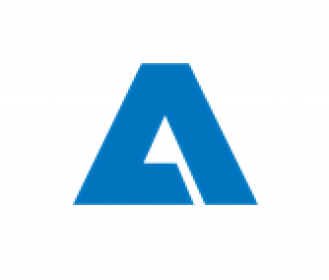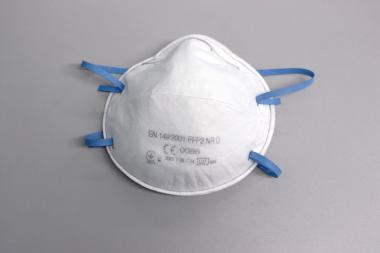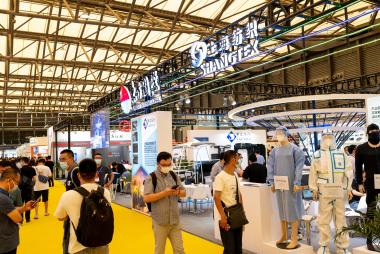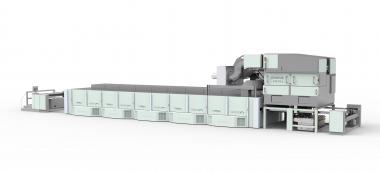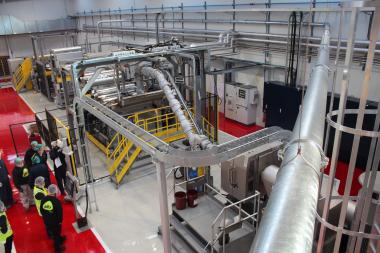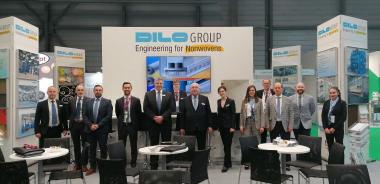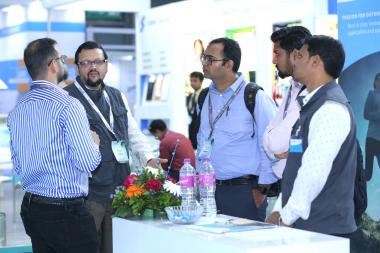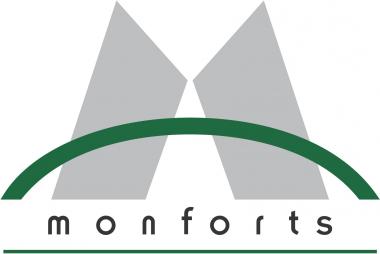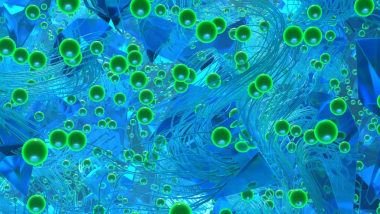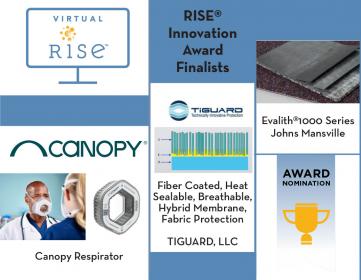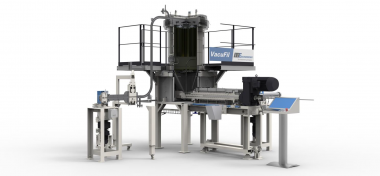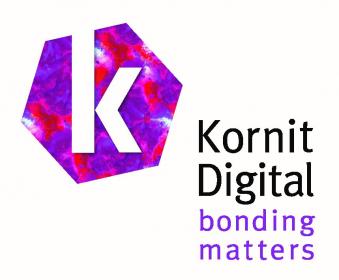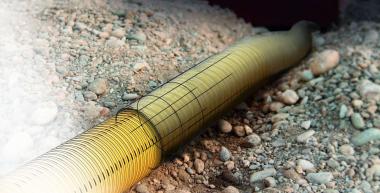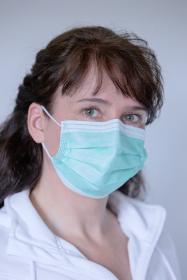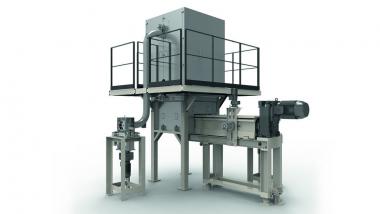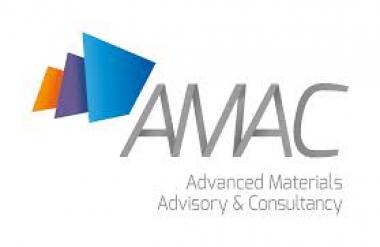ANDRITZ to supply needlepunch lines to China
International technology group ANDRITZ has received an order from Yanpai Filtration Technology Co., Ltd. (YANPAI®), China, to supply four needlepunch lines to its site in Tiantai. Start-up of the lines is planned from the third quarter of 2022 to the third quarter of 2023.
ANDRITZ will deliver customized needlepunch lines for production of high-quality needlepunch filter felts. The drylaid web-forming equipment (cards and crosslappers) will be manufactured at the ANDRITZ Wuxi premises, including 8 PRO 25-80 aXcess profile crosslappers for controlled web weight evenness. The 16 eXcelle needlelooms will be supplied by ANDRITZ Asselin-Thibeau in France. The needlepunch lines shall ensure high output and also minimize the downtime required.
YANPAI is one of the leading Chinese producers of nonwoven filters for dust and air treatment and for woven filter fabrics used in solid/liquid separation. Established in 1990, YANPAI was at the forefront in the development of new industrial filtration fabrics. Today, YANPAI is a company with facilities in China and the USA.
Andritz


